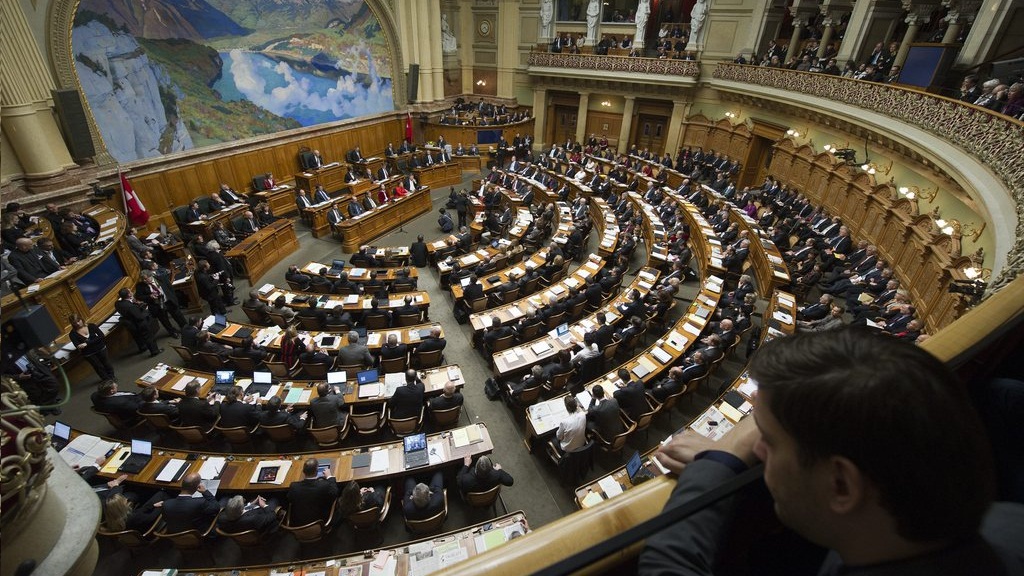07.05.2021 - 12:09
|
Actualització: 07.05.2021 - 14:09
The Swiss government will have to speak out publicly and take a stance on Spain’s repression of Catalonia’s pro-independence movement, the amnesty of political prisoners and a democratic solution to the conflict. Socialist MP Christian Dandrès has registered a parliamentary interpellation making this request. The initiative has the support of 22 MPs from various political groups, but especially from the Swiss Socialist Party, the second largest force in the Federal Assembly. The executive will have to rule during the first fortnight of June.
In the interpellation, Dandrès asks the Federal Council if it has “the intention to respect its international commitments and work to restore the rule of law in Spain” according to four points: put an end to the repression against elected officials and activists “acting peacefully within the framework of fundamental rights”; close open cases and grant amnesty to all political convicts; respect for democratic rights, including self-determination; and to facilitate the resolution of the political conflict in Catalonia with the intervention of the international community.
Fundamental freedoms
In his text, the socialist MP says that after the 2017 independence referendum, “repression hit several elected officials and activists” in Catalonia, but also reminds that there is still “large-scale repression” going on every day, with more than 3.000 active prosecutions. “Switzerland can not decide for the people of Spain and Catalonia, but it is part of the international community and must be committed to fundamental freedoms, democracy and the rule of law. A political issue that mobilizes millions of people must be addressed politically through dialogue and debate, not through criminal action”, the interpellation states.
Dandrès details the abusive actions of Spanish judges against independence, but also against artists such as rappers Pablo Hásel and Valtònyc. “They are unacceptable”, he says, recalling that denying political prisoners a third degree implies added ill-treatment to their condition. “With the end of the Franco regime, the parliamentary monarchy passed an amnesty law despite the thousands of deaths attributable to the regime, and now it denies the same treatment to those prosecuted and convicted in the context of a peaceful referendum”, the text concludes.


